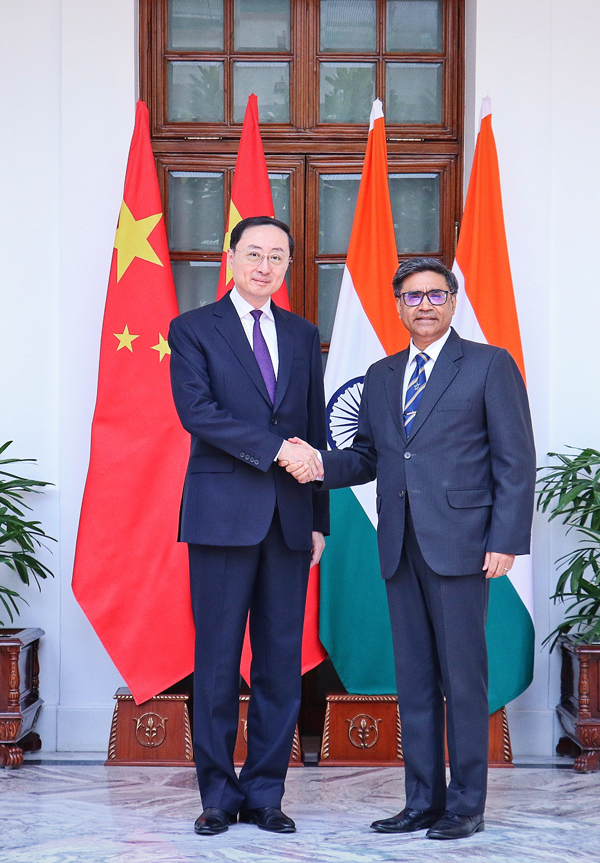New Delhi — India has formally raised concerns with China over its rare earth export restrictions, signaling growing urgency from Indian automakers facing supply disruptions critical to electric vehicles and other advanced technologies.
The rare earth issue was discussed during a high-level diplomatic meeting on Thursday between Indian Foreign Secretary Vikram Misri and Chinese Vice Foreign Minister Sun Weidong in New Delhi, according to sources familiar with the talks. While the details remain private, both sides reportedly agreed to continue discussions on critical mineral supply chains and broader trade and economic matters.
China’s curbs on rare earth magnet exports—essential components in products ranging from smartphones to EVs—have already caused delays in shipments of auto parts to India. Industry insiders say Indian manufacturers are experiencing more difficulty than some of their global counterparts, with Beijing reportedly rejecting certain applications for India-bound shipments.
Although the Indian Ministry of External Affairs (MEA) did not directly mention rare earths in its official statement, it acknowledged that the meeting covered “economic and trade areas to discuss and resolve specific issues of concern.”
China’s Ministry of Foreign Affairs said both diplomats had a “candid and in-depth exchange of views” on bilateral cooperation as well as international and regional matters.
In response to the growing supply concerns, Indian automakers have stepped up lobbying efforts, urging the government to push for eased restrictions. A business delegation of around 20 members from automotive and component companies is expected to travel to Beijing later this month to present their case directly to Chinese officials and suppliers. The visit is pending logistical support from the Chinese embassy.
The fact that India broached the subject in a diplomatic forum signals to the automotive industry that a resolution may be possible. Recent signs of improving dialogue between the U.S. and China on trade matters have further fueled optimism that rare earth export policies might be softened.
Sun Weidong’s two-day visit follows Vikram Misri’s January trip to Beijing, as both countries work to mend ties after a prolonged four-year military standoff at their shared border. In October 2024, Chinese President Xi Jinping and Indian Prime Minister Narendra Modi pledged to stabilize relations.
The MEA said both sides this week agreed to expedite the resumption of direct flights and take practical steps to ease visa processes, emphasizing a “people-centric” approach to rebuilding trust and cooperation.
Since the 2020 border clashes, India has tightened regulations on Chinese investments, banned numerous Chinese apps, and imposed stricter visa controls. However, the latest talks indicate a mutual interest in normalizing ties and addressing trade barriers in strategic sectors like rare earths.


